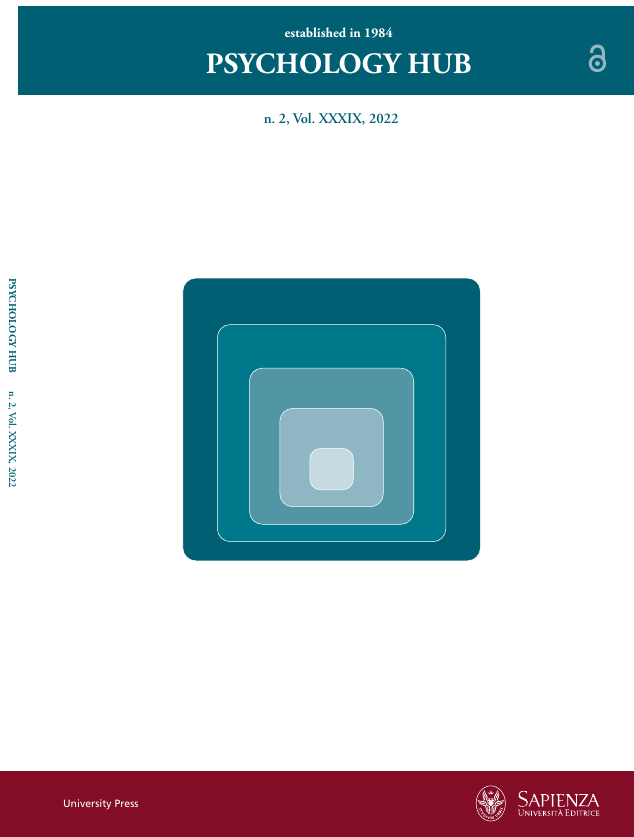Writing about stressful workplace experiences
: A systematic review with meta-analysis of the effectiveness of written emotional disclosure (WED) interventions in working adults
DOI:
https://doi.org/10.13133/2724-2943/17662Abstract
The need for effective preventive strategies at the workplace is largely advocated to reduce workers’ perceived stress and overall improve their well-being. Written emotional disclosure (WED) has been proposed as an experimental paradigm in samples faced with particular stressors, leading to several benefits for physical and psychological health. The current systematic review with meta-analysis aimed at addressing the questions of whether WED interventions applied to stressful workplace experiences can be effective for working adults and what types of outcomes are mostly affected by such interventions. The selection procedure resulted in 4 eligible studies out of 324 examined articles. The results indicated, on average, a small-sized effect (weighted ES = 0.26; 95% CI = -0.21, 0.72), a higher impact on emotional outcomes (weighted ES = 0.65; 95% CI = 0.48, 0.82), and a null effect on physical health (weighted ES = 0.01; 95% CI = -0.01, 0.03). It is concluded that, if considering that WED represents a low-cost, easy-to-use, and brief intervention, even small improvements could be clinically relevant in reducing work-related stress. The application of WED as a method of coping with work stressors should be further expanded in future research as to provide greater empirical evidence.
Published
How to Cite
Issue
Section
License
Copyright (c) 2022 Psychology Hub

This work is licensed under a Creative Commons Attribution-NonCommercial-ShareAlike 4.0 International License.





